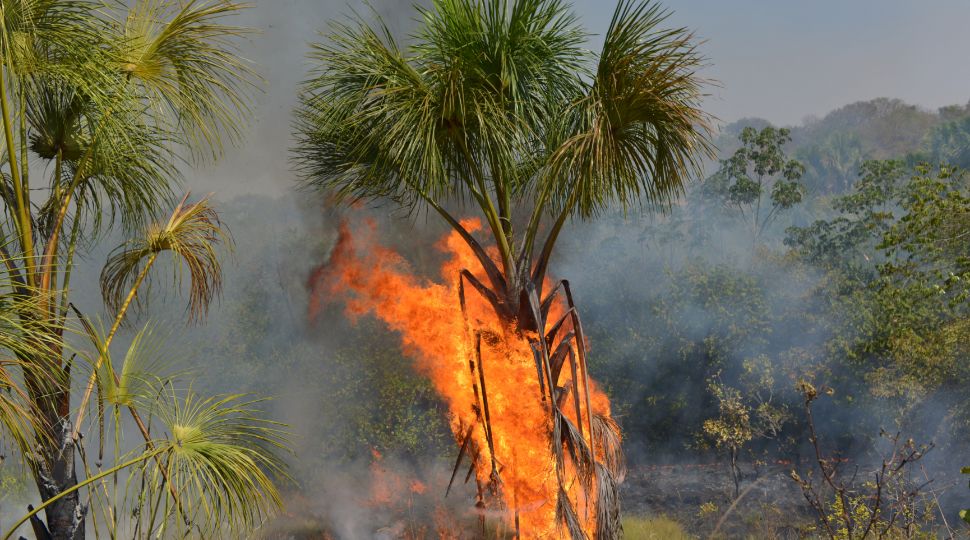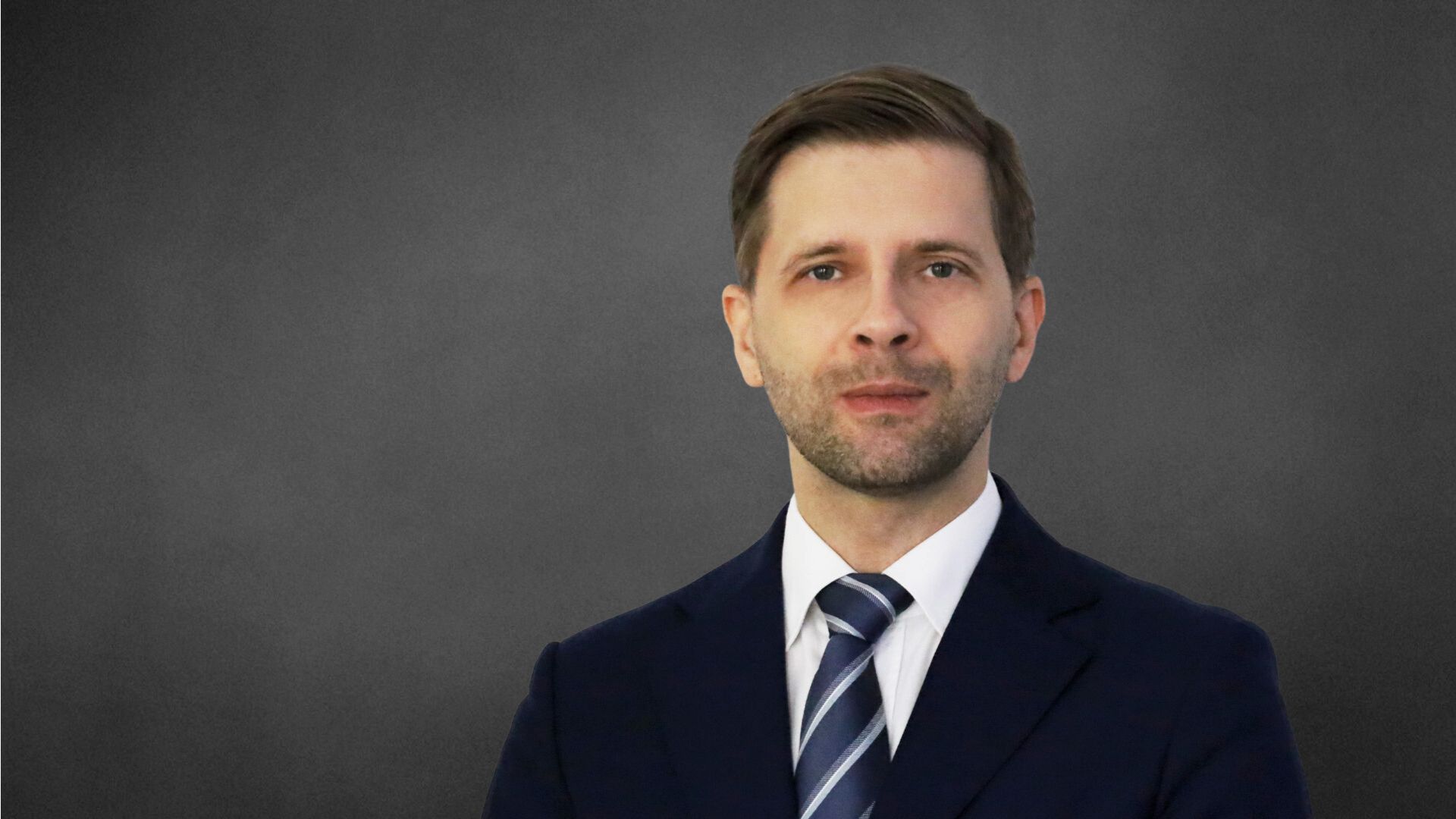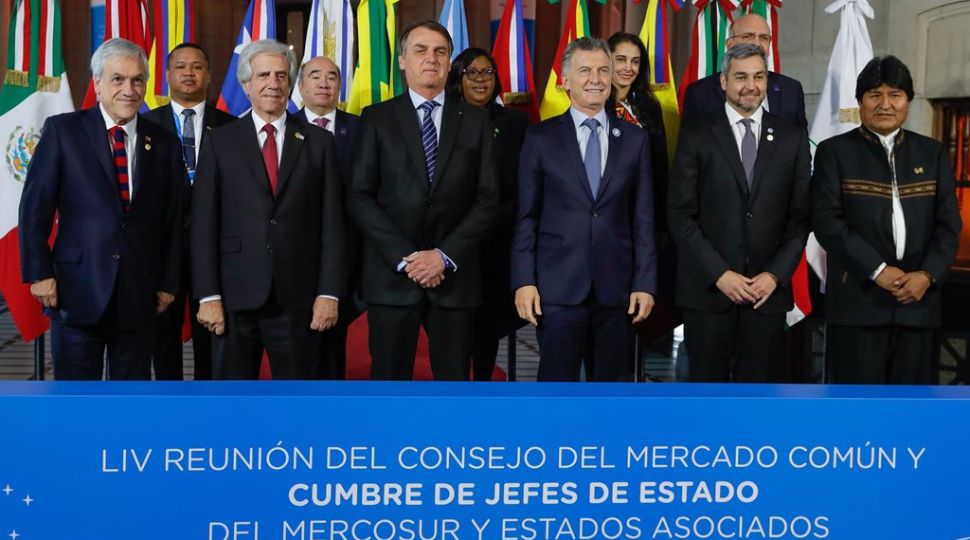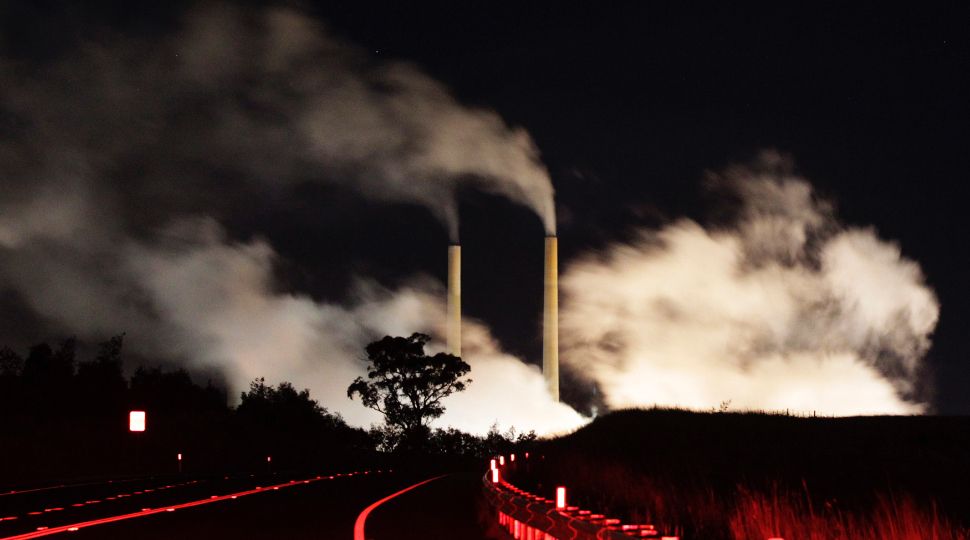Tensions Increase in Brazil-EU Relations

What is the EU’s concern about Brazil’s policy?
In his election campaign for president, Jair Bolsonaro suggested Brazil withdraw from the Paris Agreement and place economic activity (mainly agricultural) over the environment. As president-elect, he opted out of hosting the COP25 climate conference and since assuming office, he has sought to relax national environmental protections, including the fines for breaking related laws. The government is in conflict with NGOs and even its own institutions, with the president dismissing data by the INPE (the national institute that monitors forests) on a surge of deforestation in the Amazon under his watch and sacked its head. Moreover, the dispute over the Amazon Fund, which Brazil established in 2008 to raise funds to protect the rainforest, prompted its main payers, Germany and Norway, to suspend funding.
Why have the fires in the Amazon increased EU-Brazil tensions?
The extent of fires in August caused by, among others, farmers clearing forests, led NGOs and some EU politicians to put the responsibility for the accelerated degradation of the Amazon on Bolsonaro’s government. Brazil was criticized most heavily by the French president, who emphasized that the fires are a global problem and he threatened to block the adoption of the EU-Mercosur deal. Finland (currently holding the EU presidency) suggested a ban on beef imports to put pressure on Brazil. Bolsonaro’s government has treated these actions as interference in Brazil’s sovereignty and politically motivated. Initially, he rejected $20 million allocated by the G7 countries to help extinguish the fires, though Chile eventually took over management of the funds to support firefighting actions in various countries of the region, including Brazil.
Will the tensions persuade the EU to delay the Mercosur agreement?
Doubts in the EU about Brazil’s effectiveness to protect the Amazon could lead to the rejection of the Union’s agreement with Mercosur. In fact, the conclusion of negotiations was possible to a great extent because of Brazil’s commitment to remain in the Paris Accord. The EU-Mercosur agreement, therefore, has become a tool of pressure on the Bolsonaro government’s climate policy. Some EU Member States now considering approval of the agreement, particularly countries concerned with agri-food imports from Brazil, namely France and Ireland, are more likely to reject the deal. In addition, the European Council president, some European Parliament members, and Luxembourg’s government have also shared doubts regarding adoption. However, Germany, Spain, and the United Kingdom, although expressing concerns about Bolsonaro’s climate policy, have rejected the use of the threat of non-adoption and highlight, for example, that the EU-Mercosur agreement includes provisions to protect the environment.
What steps has Brazil taken given the added pressure?
The government of Brazil is eager to implement the agreement with the EU because of potential benefits for the agri-food sector, among others. With the growing pressure, the authorities have intensified their actions to extinguish the fires and counter illegal forest burning while, above all, attempting to improve Brazil’s image. The president ordered the army to help, established a ministerial crisis group, and met with the governors of Amazon states (who appealed for financial support). To counter the conflict with France, Bolsonaro emphasized the help of the U.S. and Israel—key allies now outside the region—and the United Kingdom. He accepted an invitation from Colombia and Peru for a special summit of Amazon states on 6 September. However, these actions do not mean that the Bolsonaro government has altered its climate policy.
What happened at the Amazon summit in Colombia?
Government representatives of Bolivia, Brazil, Colombia, Ecuador, Guyana, Peru, and Suriname adopted the declaration the “Leticia Pact for the Amazon”. The document contains 16 objectives, including improving the coordination of common actions and exchange of information (e.g., on illegal activities), reforestation of damaged areas, as well as increasing the role of women and indigenous communities in forest preservation. The signatories called for reinforcement of funding and on various countries to fulfil their commitments to protect the Amazon. The summit served as a way for countries of the region to reclaim the initiative on the protection of the rainforest but it remains uncertain how the objectives will be translated into real action. For Bolsonaro, the meeting was an opportunity for his government to stress that countries from outside of South America should not make decisions about the Amazon.






